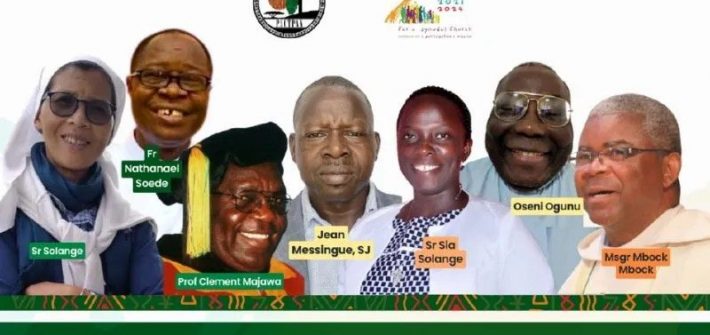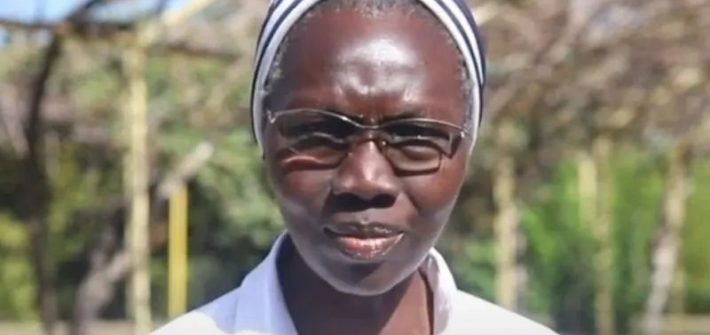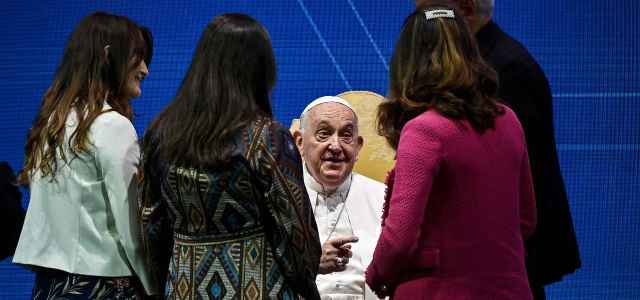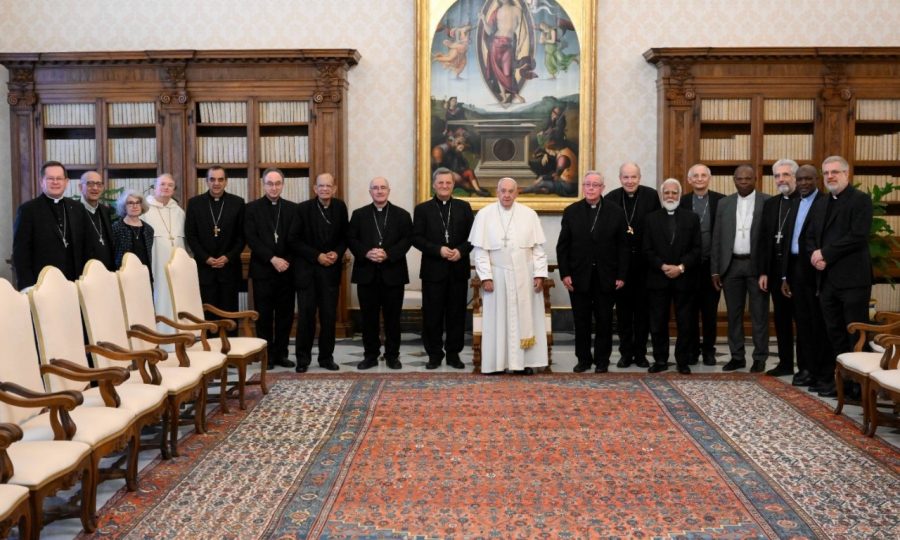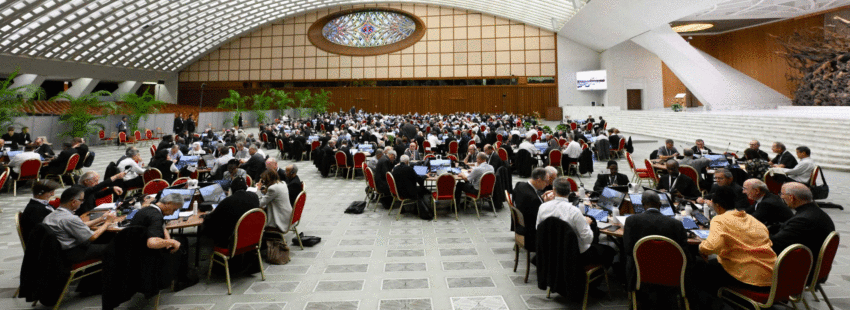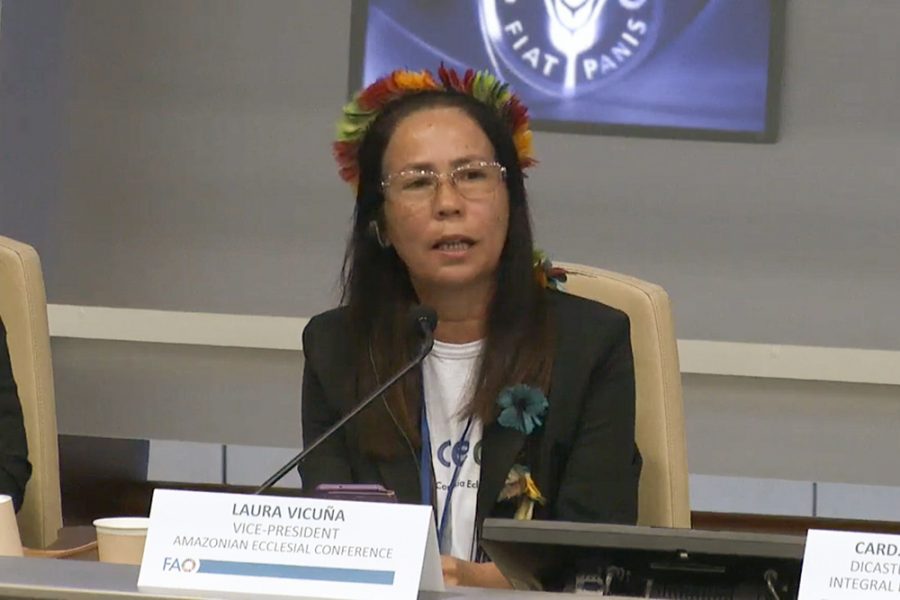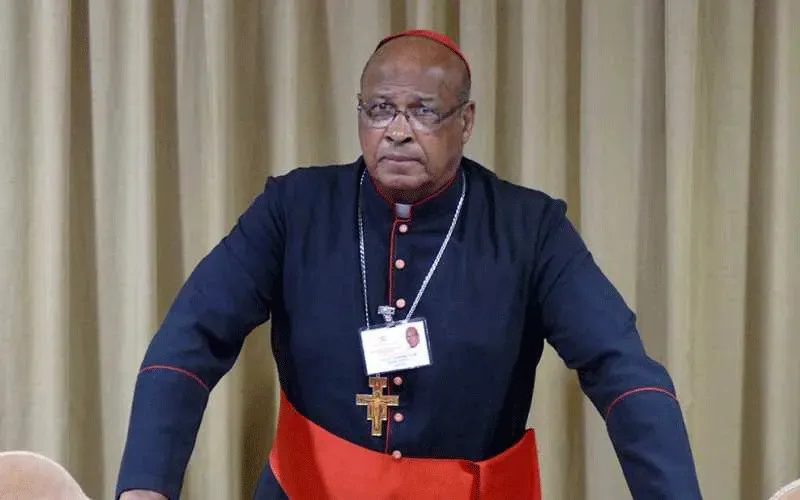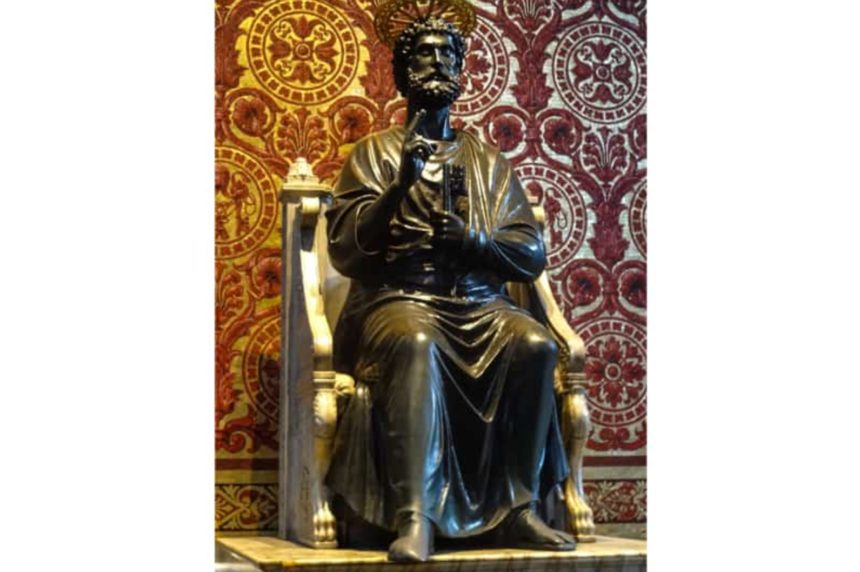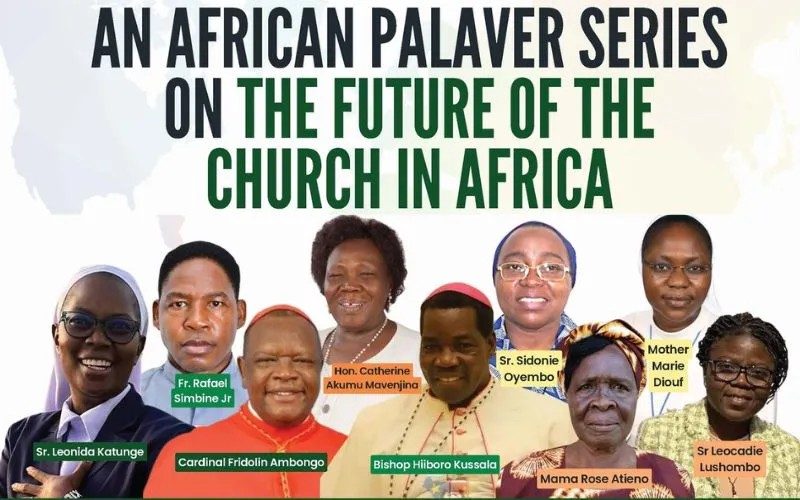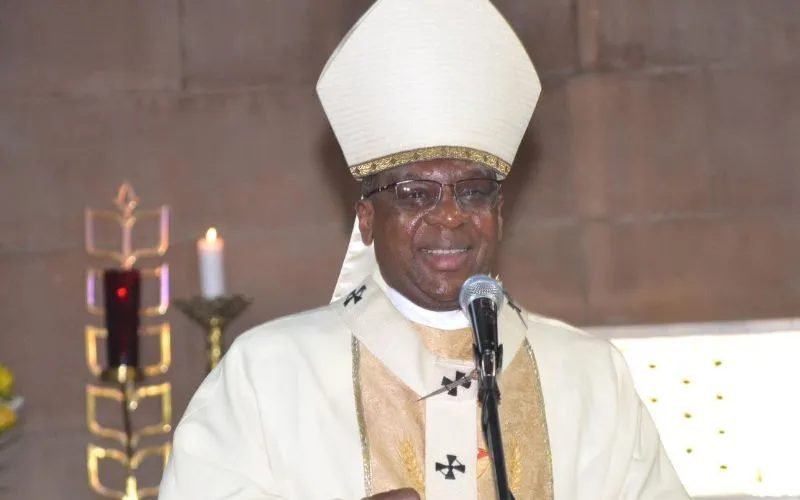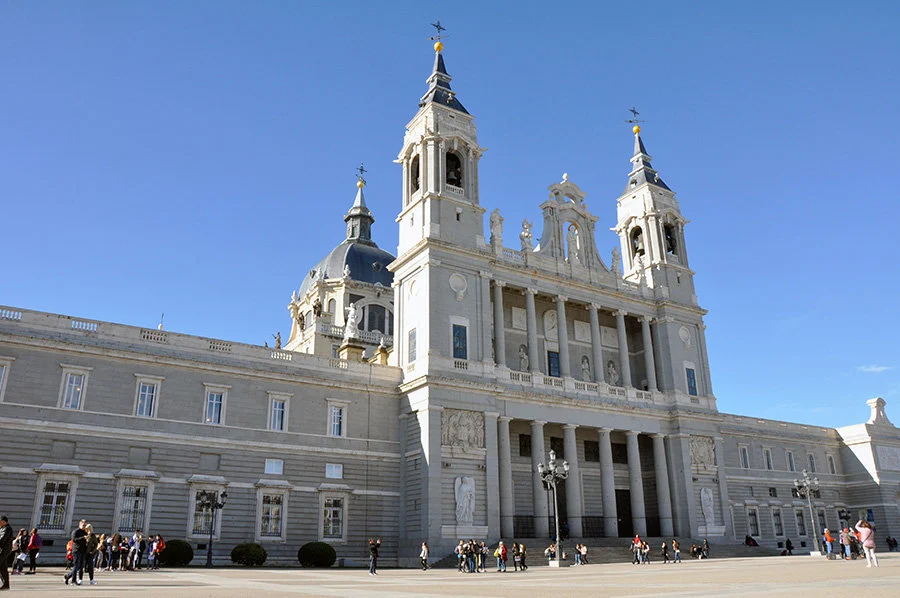(Catholic Culture. Dr. Jeff Mirus).
It is one of the odd—but in the long run potentially fruitful—features of the current pontificate that a great emphasis on synodality in theory has emerged under a Pope who tends to act unilaterally. This is not particularly surprising since we humans so often tend towards failure when it comes to living out in practice the principles we hold in theory. This characteristic is expressed most clearly in Proverbs 24:16, which notes that “the just man falls seven times a day” (though of course he “rises up again”). But it is seen not just in our simple weaknesses, but in our very human inconsistency, for we often simply do not practice what we preach. Moreover, it is almost axiomatic that what annoys us most in another is precisely the kind of bad behavior we do not recognize in ourselves. Nonetheless, Pope Francis has consistently advocated a more synodal Church, even if “synodality” has not been clearly defined, and even if synodality will, in the West at least, almost always be first interpreted as something very like democracy, making the concept fair game for those who want to change the perennial teachings of the Church Christ founded. Nonetheless, the concept of synodality can bear very good fruit if it is properly understood not as democracy but as each Catholic actively fulfilling the obligations of his or her state in life in a harmonious participation in the full life of the Church. This concept bears upon a great many things. The root meaning of the word “synodality” is “a way together”. As manifested in Church history, the concept has expressed itself in “synods”, that is, in meetings of the bishops of particular regions to address the spiritual problems of those regions. This has offered the opportunity for a joint exercise of the episcopal office of teaching, ruling and sanctifying, in addressing the particular spiritual deficiencies in a region, especially problems arising from specific errors which were leading people astray and creating unrest among the faithful. By exercising their episcopal authority in this “synodal” way, the bishops of a region could add weight to their decisions, especially if it became necessary to combat errors of one or more particularly wayward bishops.
Continue reading..








